Rural communities in the Philippines face unique challenges. Limited access to electricity, frequent power outages, and dependence on expensive diesel generators often hold back development. These energy struggles affect schools, businesses, healthcare facilities, and even households.
Solar power is emerging as a game-changing solution. Clean, renewable, and cost-effective, it provides reliable electricity even in remote areas. With the growing expertise of solar EPC companies and solar companies in the Philippines, rural communities now have the chance to power their future sustainably.
The Energy Gap in Rural Areas
More than 2 million households in the Philippines still live without electricity or rely on an unstable power supply. Even where electricity is available, high costs and frequent blackouts limit opportunities for growth.
Lack of reliable energy impacts:
- Education – Schools struggle with lighting, computers, and other resources.
- Healthcare – Clinics cannot properly store medicines or operate equipment.
- Livelihoods – Farmers and small businesses cannot expand due to power issues.
This is where solar power steps in as a practical, long-term solution.
Why Solar Power Works for Rural Development
1. Abundant Sunshine
The Philippines enjoys sunshine almost all year round, making it ideal for solar energy. Even remote islands and far-flung villages can harness this resource without depending on expensive grid connections.
2. Reliable and Independent
Solar power reduces reliance on the national grid or diesel fuel, both of which can be unreliable or costly in rural areas. A well-installed solar system ensures consistent electricity for homes, schools, and businesses.
3. Affordable in the Long Run
While the initial cost may seem high, solar panels quickly pay for themselves through savings on fuel and electricity bills. Over time, solar becomes one of the most economical energy options.
4. Environmentally Friendly
Solar energy reduces carbon emissions and air pollution, helping communities fight climate change while protecting local ecosystems.
The Role of Solar EPC Companies in Rural Development
Solar EPC companies handle everything: Engineering, Procurement, and Construction of solar projects. They design systems, source materials, and install them efficiently. Their expertise ensures that rural projects are safe, durable, and cost-effective.
In the Philippines, solar EPC companies work closely with local governments, NGOs, and businesses to bring renewable energy where it is needed most. By using high-quality materials and smart designs, they help communities enjoy reliable power for decades.
Empowering Communities with Solar
Power for Schools and Health Centers
Electricity in schools allows students to access technology, lighting, and fans for better learning. Health centers can refrigerate vaccines, run essential equipment, and serve more patients effectively.
Support for Farmers and Small Businesses
Solar-powered irrigation pumps, rice mills, cold storage, and processing machines allow farmers to increase yields and profits. Small businesses can operate longer hours without worrying about power cuts.
Boost for Local Jobs
Solar projects create employment during installation and maintenance. Local technicians can be trained to monitor and service the systems, ensuring long-term sustainability.
The Growing Strength of Solar Companies in the Philippines
The Philippines has a thriving renewable energy sector. Solar companies are now providing tailor-made solutions for rural communities, including mini-grids and off-grid systems.
With decreasing solar equipment costs and better financing options, even small villages can afford to make the switch. This progress is supported by government initiatives promoting clean energy.
Microgrids: The Missing Piece in Rural Electrification
While solar power is already empowering rural areas, microgrids are taking things a step further. A microgrid is a localized energy network that can operate independently from the national power grid. It combines renewable sources, like solar, wind, or even small hydro, with battery storage to provide consistent electricity to entire communities.
In the Philippines, microgrids are particularly valuable for off-grid islands and far-flung villages where traditional grid extension is too expensive or impractical. By linking households, schools, businesses, and health facilities into one self-sufficient energy system, microgrids ensure that everyone benefits from reliable power.
A Partner in Building Resilient Communities
At Nativ Techniks, we believe that renewable energy should reach everyone, not just cities. Our team has been working with schools, businesses, and communities to design solar solutions that provide lasting benefits.
We focus on:
- Designing systems that fit unique rural needs
- Ensuring quality installation for long-term reliability
- Supporting communities with training and after-sales service
By partnering with local governments and organizations, we aim to make clean energy accessible, affordable, and impactful.
How Solar Power Builds Resilience
Resilience is the ability to recover quickly from challenges, and energy plays a key role. When communities have their own renewable power source, they are less vulnerable to disasters, rising fuel costs, or grid failures.
During typhoons or emergencies, solar-powered facilities can continue operating when traditional power lines go down. This energy independence is vital for rural areas that are often the last to receive restoration services after disasters.
A Brighter Future Awaits
The shift to solar power is more than just a technical upgrade – it is a path to better education, stronger healthcare, improved livelihoods, and economic growth for rural areas. As solar companies in the Philippines continue to innovate, the barriers to clean energy are quickly disappearing.
Conclusion
Solar power has the potential to transform rural development in the Philippines. It provides consistent electricity, reduces costs, and fosters growth in communities that need it the most. With the expertise of solar EPC companies and the dedication of renewable energy providers, clean power can reach even the most remote villages.
Nativ Techniks is committed to making this vision a reality. By designing and installing reliable solar systems, we help communities achieve energy independence and long-term growth. Together, we can create a future where every Filipino, no matter where they live, has access to clean, affordable, and sustainable energy.
Contact Nativ Techniks today at +639176310032 or email us at wecare@nativtechniks.com


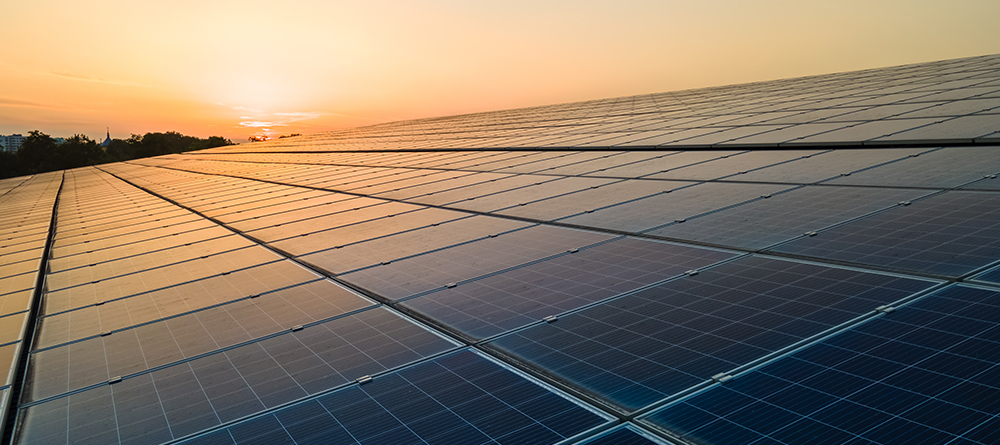
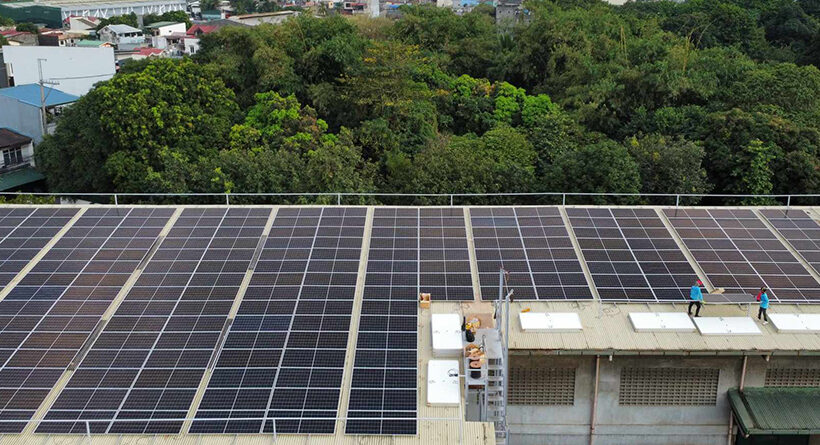
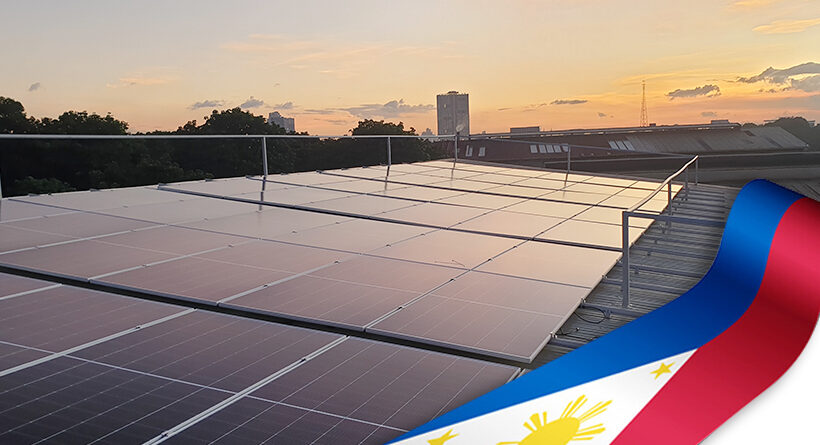
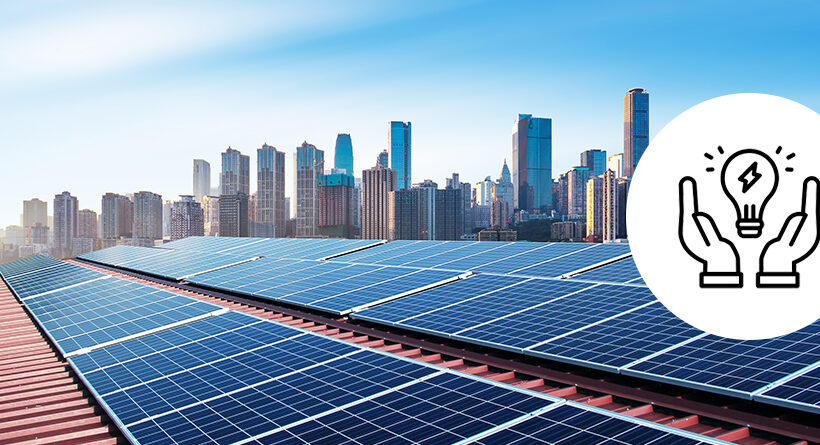
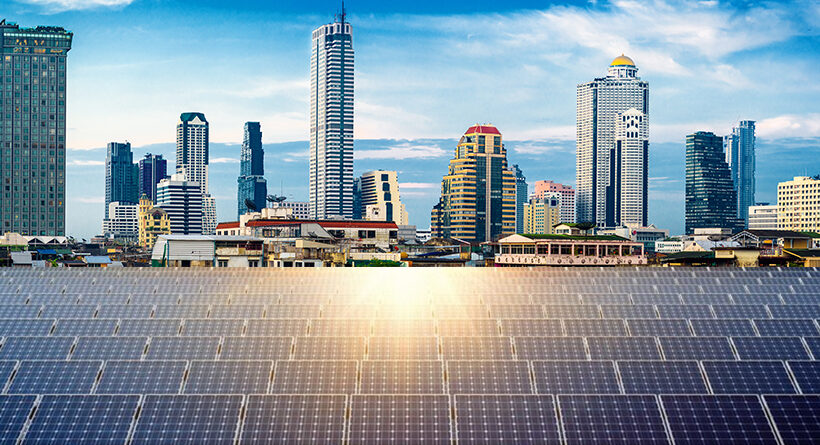
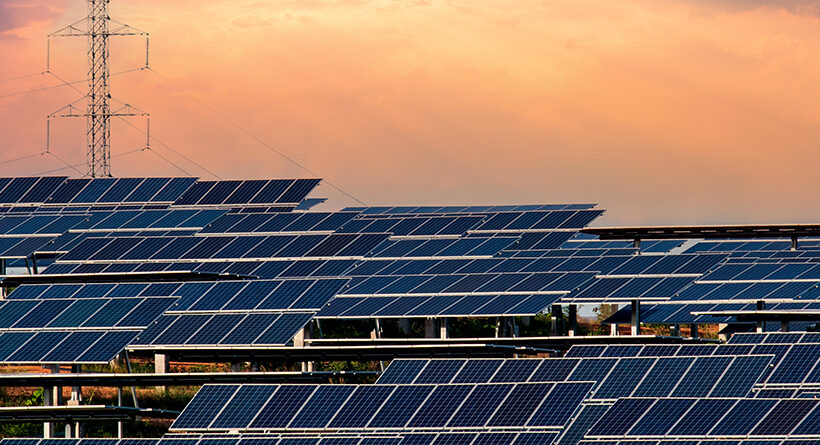
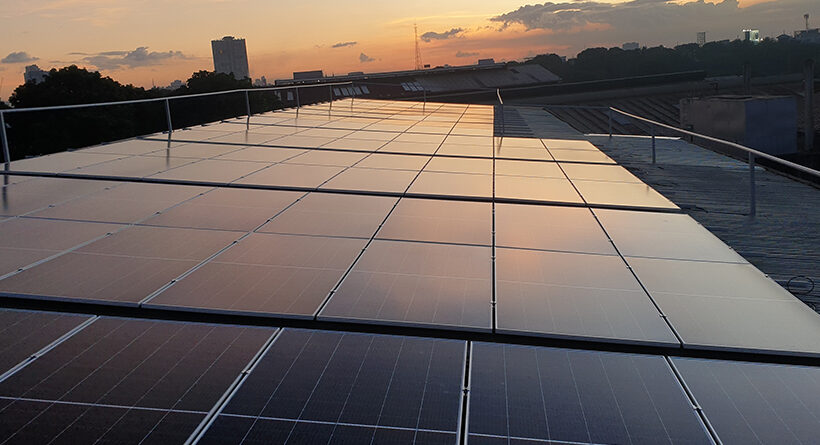


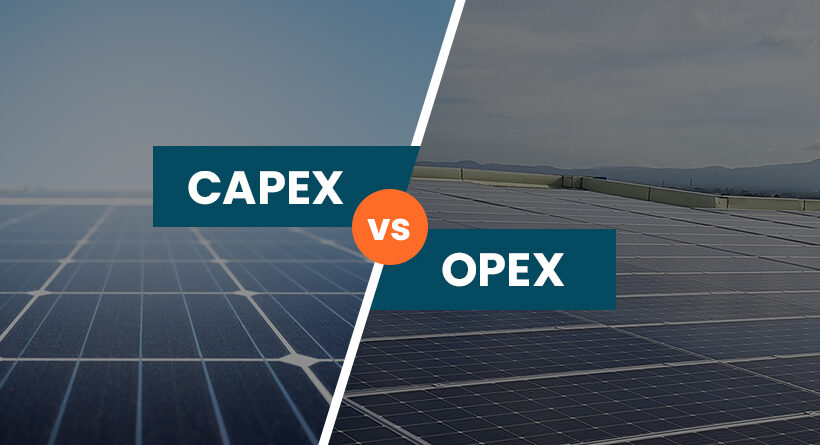
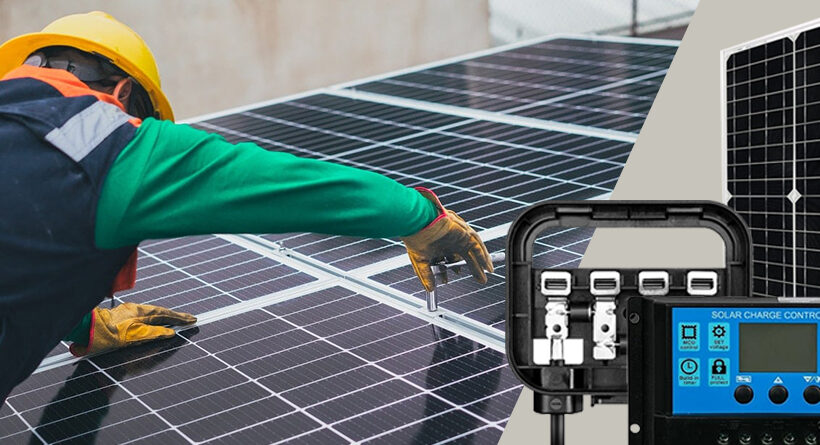
Leave a Reply